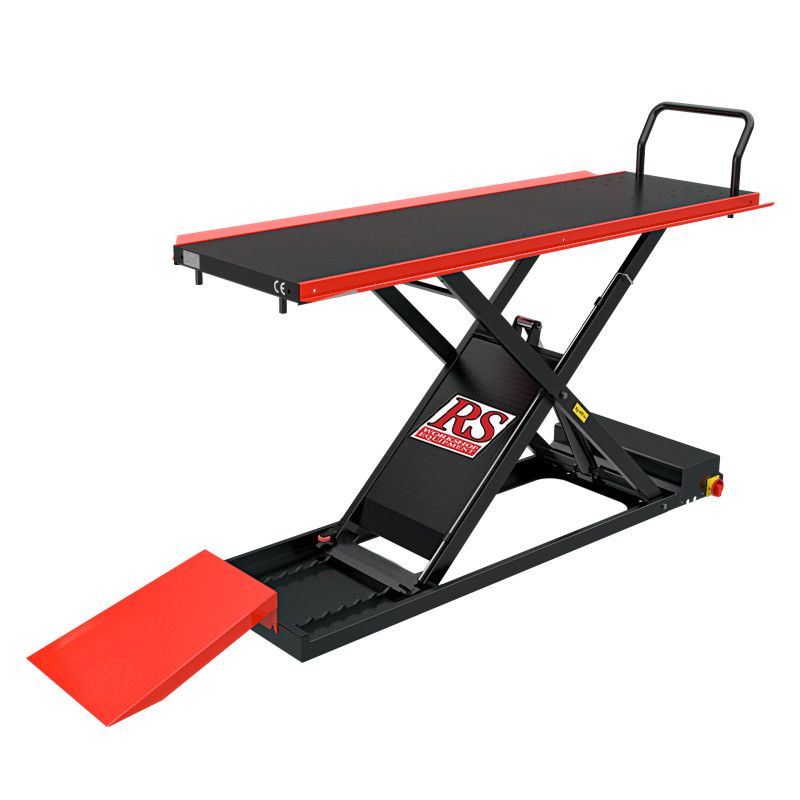
What is a LOLER inspection and do you need one?
A LOLER inspection refers to a thorough examination of lifting equipment conducted under the Lifting Operations and Lifting Equipment Regulations 1998 (LOLER) in the United Kingdom. These regulations are in place to ensure the safety of lifting equipment and related operations in the workplace. LOLER inspections are designed to prevent accidents and injuries caused by faulty or improperly maintained lifting equipment.
The key points of LOLER inspections are as follows:
- Applicability: LOLER applies to any equipment used for lifting or lowering loads, including cranes, forklifts, hoists, and other types of lifting machinery.
- Thorough Examination: LOLER inspections involve a comprehensive assessment of the lifting equipment to verify its safety and compliance with relevant regulations. The examination should be carried out by a competent person with adequate knowledge and expertise in the specific type of lifting equipment being inspected.
- Frequency: Lifting equipment should undergo a LOLER inspection at regular intervals, with the specific inspection frequency depending on factors such as the type of equipment, its usage, and the environment in which it operates. The intervals for examination are typically specified by the manufacturer or based on risk assessment and may vary for different equipment types.
- Documentation: After the examination, a written report detailing the findings, any defects identified, and recommendations for remedial actions (if necessary) should be provided. This report must be kept on record and made available to relevant authorities upon request.
- Responsibilities: Both the owner/user of the lifting equipment and the person responsible for the equipment’s operation (often the employer) have legal obligations under LOLER to ensure that the equipment is appropriately examined and maintained.
- Safety Measures: LOLER inspections focus on various safety aspects of the lifting equipment, including its strength, stability, and mechanical integrity. They also consider the correct use of accessories like slings and chains and ensure that any potential hazards are adequately addressed.
LOLER inspections play a crucial role in promoting workplace safety, reducing the risk of accidents, and ensuring that lifting equipment is fit for purpose. Companies and employers should adhere to these regulations to protect their workers and comply with the law. Keep in mind that specific requirements and regulations might vary in other countries or regions.
